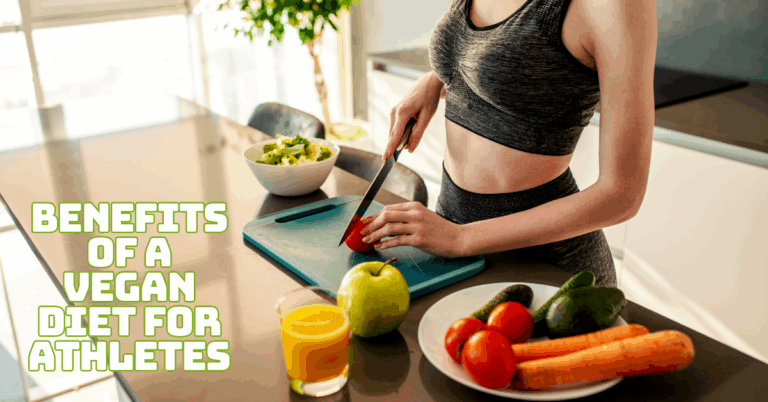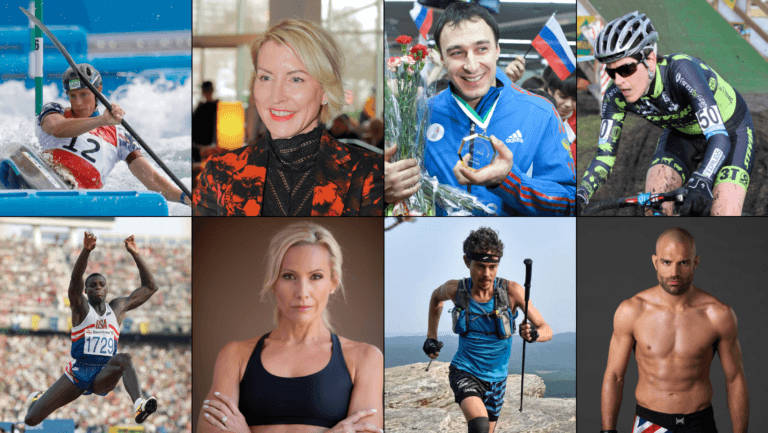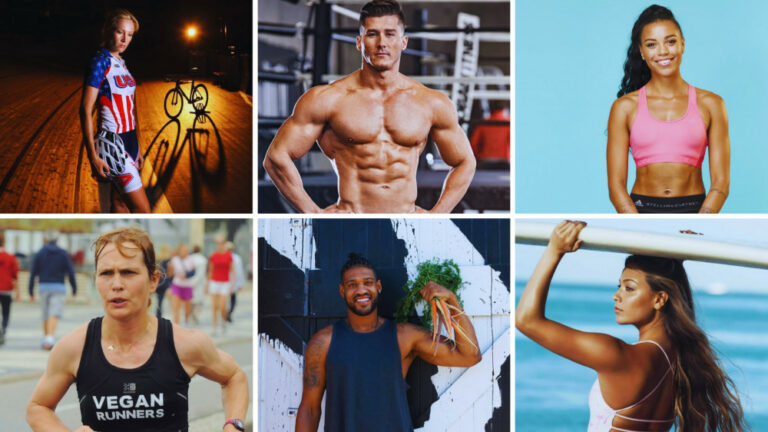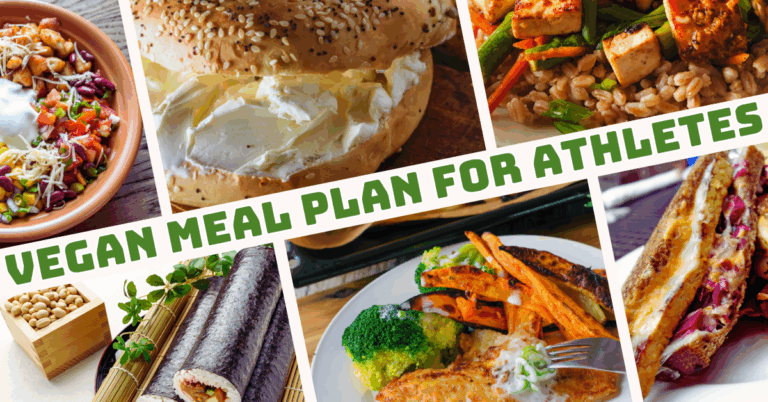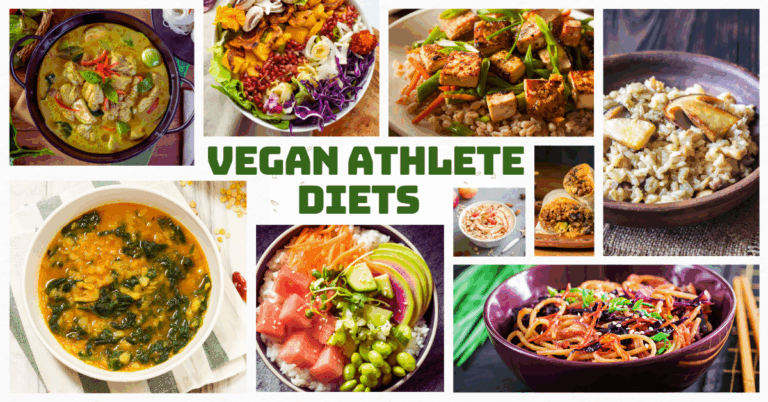Best Vegan Athletes Nutrition Guide
Best Vegan Athletes Nutrition Guide
As the popularity of plant-based diets continues to soar, many athletes are choosing to adopt a vegan lifestyle.
Contrary to the outdated notion that athletes need meat for strength and endurance, numerous vegan athletes have showcased remarkable performance and achieved great success in their respective sports.
This comprehensive guide will delve into key aspects of vegan nutrition for athletes, including protein sources, energy requirements, meal planning, and essential nutrients.
We will debunk common myths surrounding plant-based diets and address concerns about protein, iron, calcium, and other nutrients typically associated with animal products.
We will also explore pre-and post-workout nutrition and supplementation and offer practical tips to optimize performance and recovery.
Whether you're a professional athlete, a weekend warrior, or simply someone passionate about sports and fitness, this Vegan Athletes Nutrition Guide will be a valuable resource to support your journey toward optimal performance while embracing the health and ethical benefits of a plant-based lifestyle.
Let's discover how to fuel your body with plant-based power and unlock your full athletic potential.
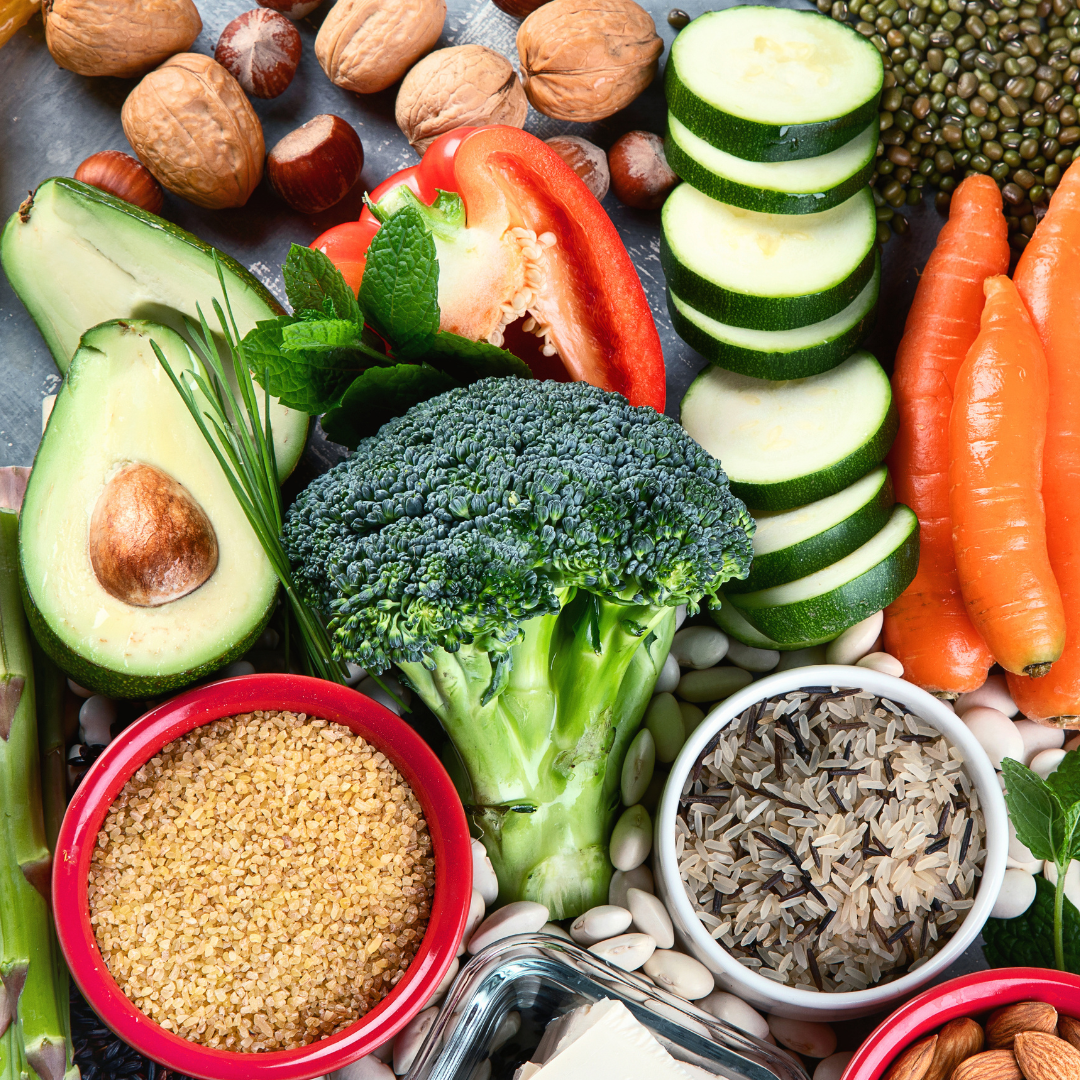
The Benefits Of A Plant-Based Diet For Athletes
A plant-based diet offers athletes many benefits, from improved cardiovascular health and reduced inflammation to enhanced nutrient intake and sustainable choices.
By embracing a diet rich in fruits, vegetables, whole grains, and legumes, athletes can experience faster recovery, optimal performance, and a positive impact on their well-being and the environment. The Benefits of a Plant-Based Diet for Athletes:
1. Improved Cardiovascular Health
A plant-based diet high in fruits, vegetables, whole grains, and legumes is linked to a lower risk of cardiovascular illnesses.
A plant-based diet may result in athletes having lower blood pressure, better blood lipid profiles, and improved general heart health, which may increase their stamina and performance.
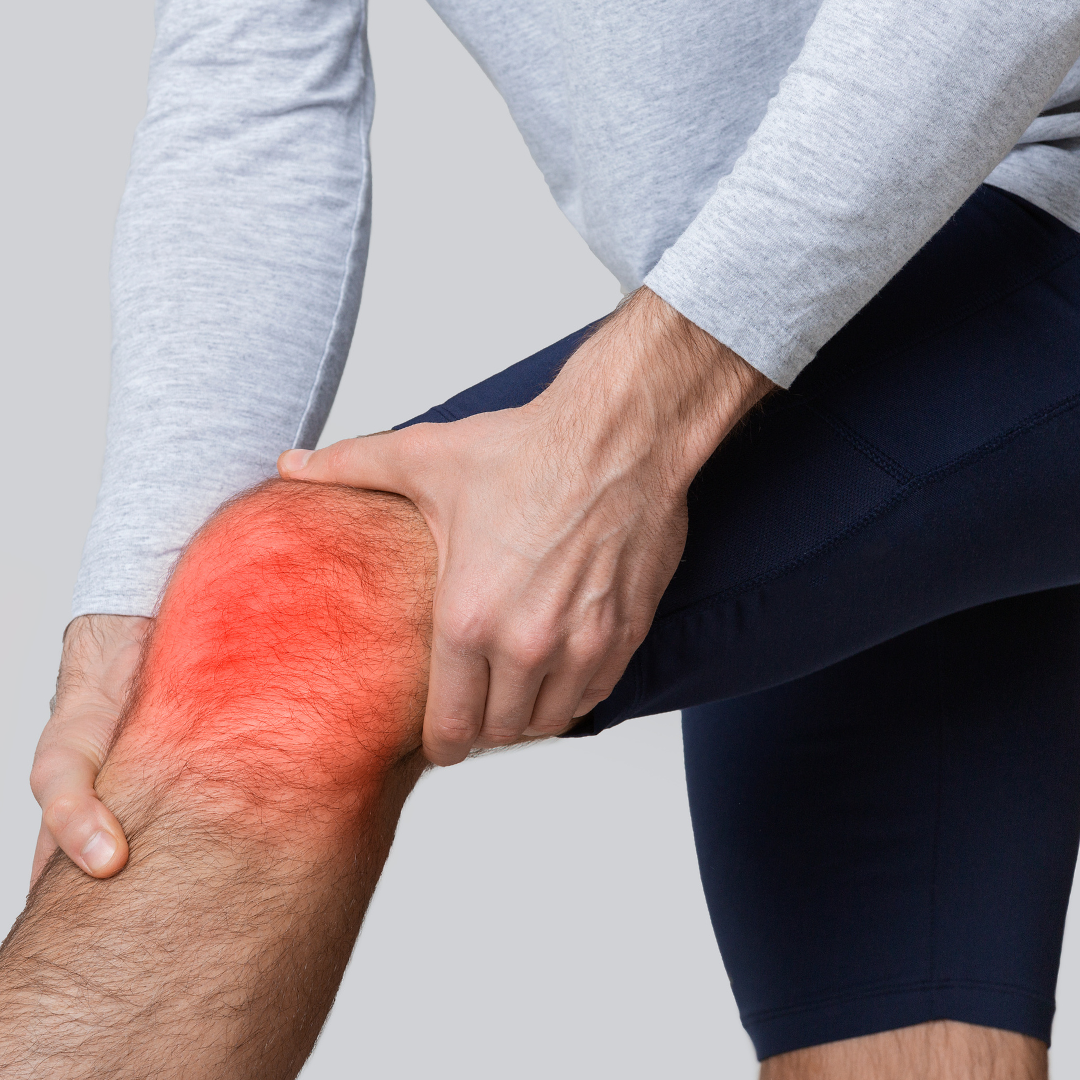
2. Reduced Inflammation And Faster Recovery
Plant-based foods are naturally rich in antioxidants and anti-inflammatory compounds, which can help reduce exercise-induced inflammation and promote faster recovery.
By minimizing inflammation, athletes may experience less muscle soreness and improved tissue repair, allowing them to train more consistently and reach peak performance.
3. Enhanced Nutrient Intake From Diverse Plant Sources
A well-planned vegan diet can give athletes many essential nutrients, including vitamins, minerals, fiber, and phytochemicals.
By incorporating various plant foods, athletes can benefit from a greater nutrient diversity, supporting overall health, immune function, and optimal athletic performance.

4. Sustainability And Ethical Considerations
Choosing a plant-based diet aligns with environmental sustainability and ethical considerations. Concerns regarding animal cruelty are also raised because animal husbandry significantly affects greenhouse gas emissions and deforestation.
By adopting a vegan lifestyle, athletes can contribute to a more sustainable and compassionate world, promoting a holistic approach to their well-being.
5. Weight Management And Body Composition
Plant-based diets are often associated with lower body weight, reduced body fat, and improved body composition.
By emphasizing whole, nutrient-dense plant foods, athletes can maintain a healthy weight and optimize their power-to-weight ratio, which is crucial for sports that require speed, agility, and endurance.
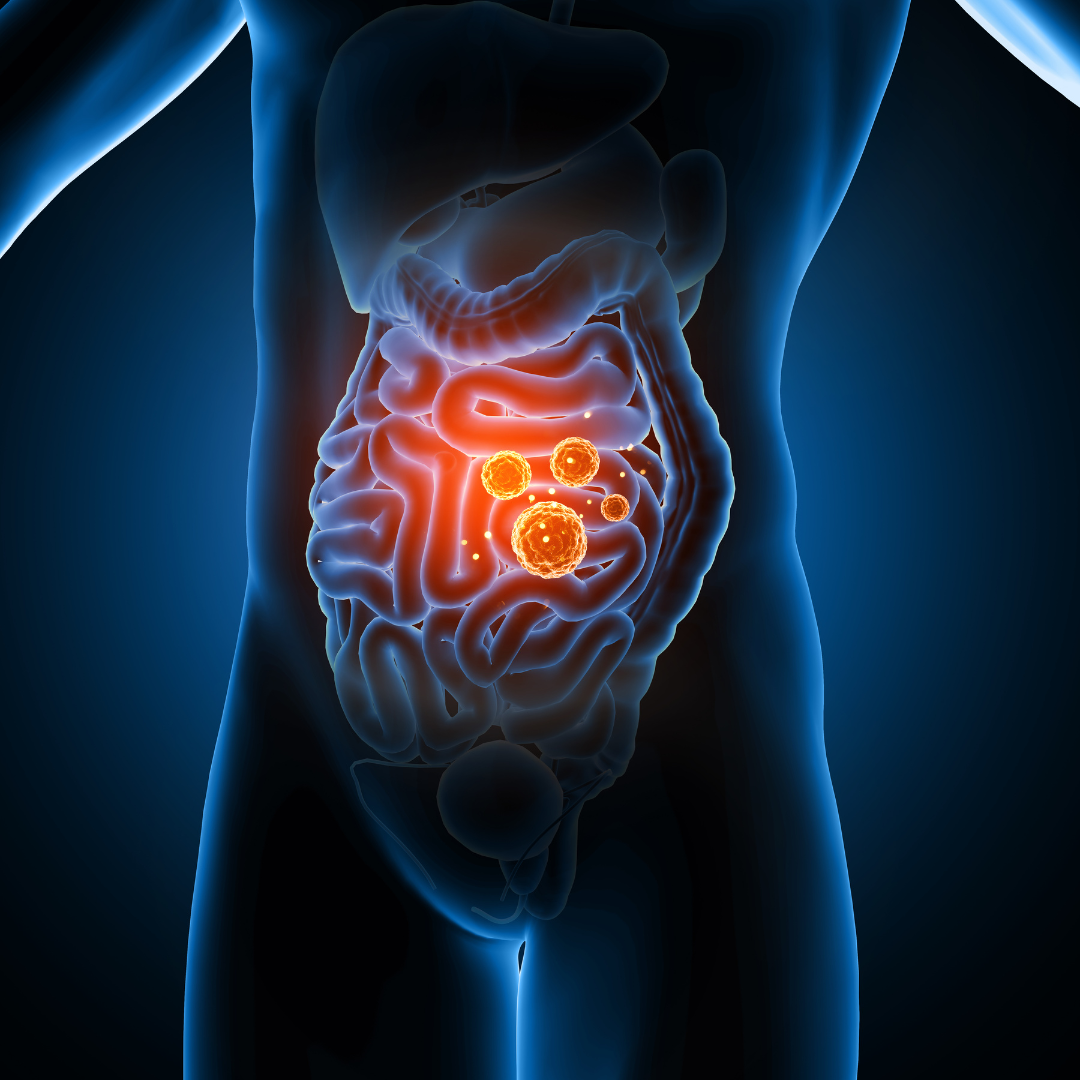
6. Gut Health And Digestive Efficiency
Plant-based diets are generally high in fiber, which can promote a healthy gut microbiome and improve digestive efficiency.
Adequate fiber intake supports regular bowel movements, prevents gastrointestinal discomfort, and enhances nutrient absorption, improving overall health and performance.
7. Mental Clarity And Focus
Plant-based diets rich in whole foods and antioxidants have been linked to improved cognitive function, mental clarity, and focus.
Athletes may experience enhanced concentration and decision-making abilities, allowing them to perform at their best during training and competition.
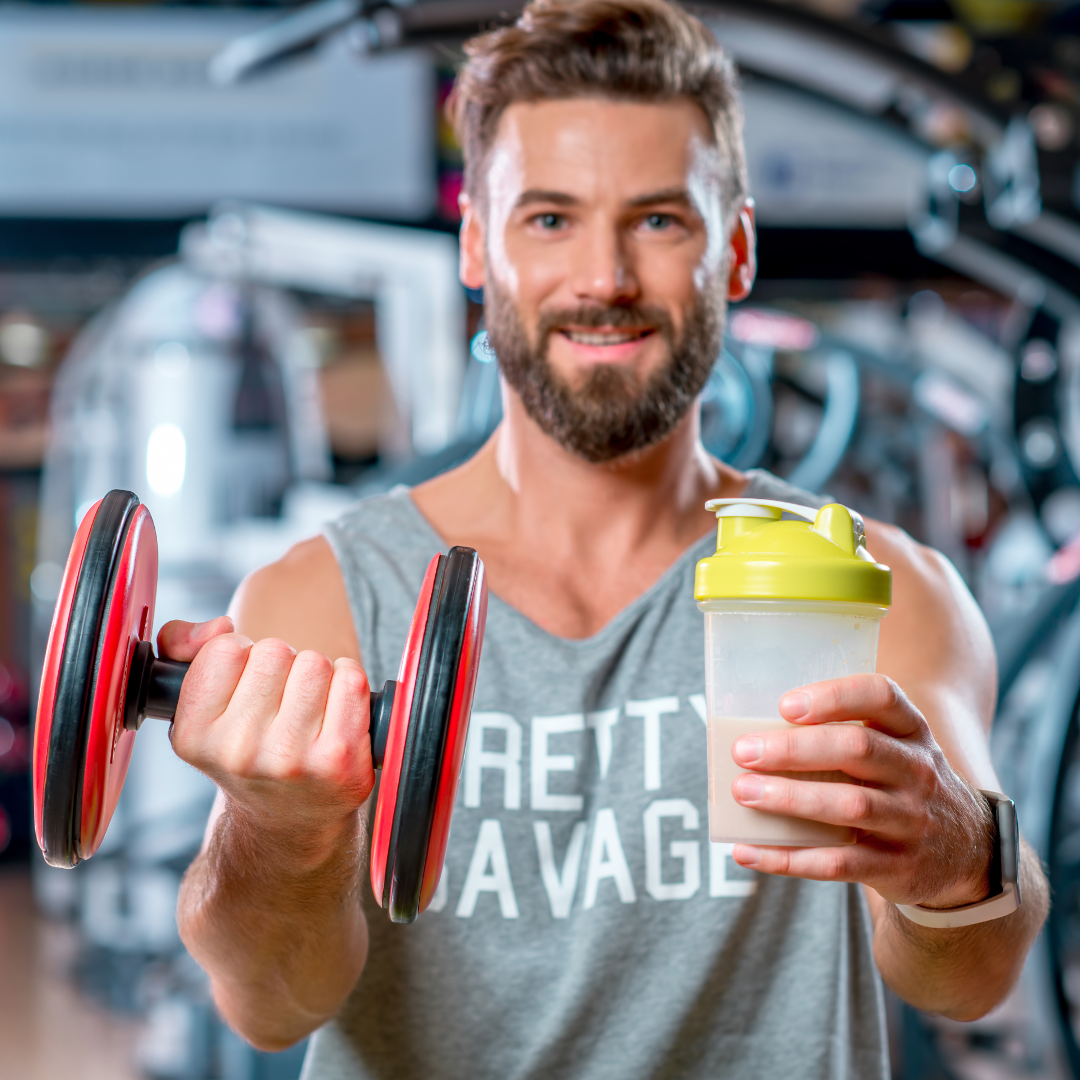
Vegan Athletes Nutrition Guide
A remarkable shift occurs in sports, where the pursuit of peak performance knows no bounds. Vegan athletes are rewriting the narrative, shattering misconceptions, and proving that plant-based power is the key to unlocking athletic excellence.
By nourishing their bodies with the vibrant energy of plants, these individuals are redefining what it means to thrive in the world of sports.
Welcome to the Vegan Athletes Nutrition Guide, a comprehensive resource designed to illuminate the path to peak performance through the lens of plant-based nutrition.
Here, we embark on a journey where vibrant vegetables, hearty legumes, and wholesome grains become the catalysts for greatness.

1. Meeting Protein Requirements
One common concern for vegan athletes is meeting their protein requirements, as protein is crucial for muscle repair, growth, and overall athletic performance.
However, a well-planned plant-based diet can provide an abundant and diverse array of protein sources. Legumes such as beans, lentils, and chickpeas are excellent protein sources, offering various options for meals and snacks.
Tofu, tempeh, and edamame provide high-quality plant-based protein with a favourable amino acid profile. Other protein-rich plant foods include quinoa, hemp seeds, chia seeds, and certain vegetables like spinach and broccoli.
While plant foods may not individually contain all essential amino acids, combining different plant-based protein sources can create a complete amino acid profile.
For example, consuming grains (like rice or wheat) with legumes (such as beans or lentils) can provide a well-rounded amino acid balance.
The optimal protein intake for athletes varies depending on factors such as training intensity, body composition goals, and overall health.
Generally, a range of 1.2-2.0 grams of protein per kilogram of body weight is recommended for most athletes. Consulting with a sports dietitian can help determine the appropriate protein intake based on individual needs.
In certain cases, athletes may find supplementing their plant-based protein intake beneficial. Plant-based protein powders derived from peas, rice, hemp, or soy can effectively meet increased protein needs.
These powders can be easily incorporated into smoothies, shakes or added to recipes, providing a convenient source of protein for athletes on the go.
It's important to note that while protein is essential, it's equally important to consume a balanced diet that includes a variety of plant-based foods to ensure an adequate intake of other essential nutrients.
By incorporating a diverse range of plant-based protein sources and consulting with a registered dietitian or sports nutritionist, vegan athletes can effectively meet their protein needs and thrive in their athletic pursuits.
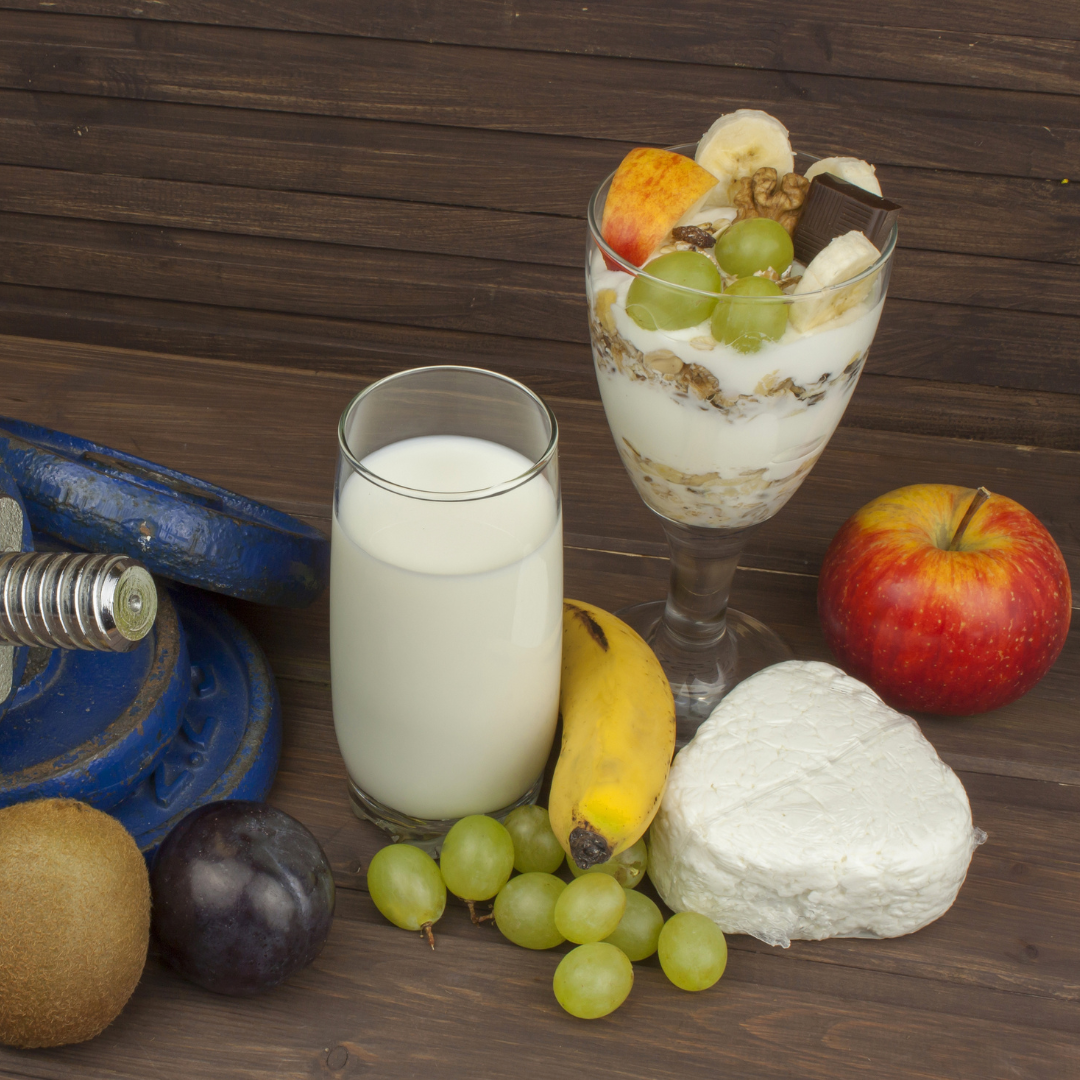
2. Essential Nutrients For Vegan Athletes
Maintaining adequate levels of essential nutrients is crucial for optimal performance and overall health. While many of these nutrients can be found in a well-planned vegan diet, vegan athletes must consider some things.
Transporting oxygen and generating energy both depend on iron. Vegan athletes can obtain iron from sources such as:
- Dark leafy greens (spinach, kale)
- Legumes (beans, lentils)
- Fortified cereals
- Dried fruits (apricots, raisins)
- Seeds (pumpkin, sesame)
Iron-rich foods with vitamin C-rich options, like citrus fruits or bell peppers, can enhance iron absorption.
Calcium is essential for bone health and muscle function. While dairy is a common calcium source, vegan athletes can rely on fortified plant-based milk alternatives (soy, almond, oat), calcium-set tofu, tempeh, and leafy greens (collard greens, kale) to meet their calcium needs.
Additionally, sesame seeds are a calcium-rich option that can be incorporated into meals and snacks.
Omega-3s play a role in reducing inflammation, supporting brain health, and promoting cardiovascular health.
Flaxseeds, chia seeds, hemp seeds, and walnuts are all vegan sources of omega-3 fatty acids. These can be added to smoothies, oatmeal or incorporated into recipes.
Algae-based supplements, such as algae oil or algae-derived omega-3 capsules, provide vegan-friendly alternatives for those seeking higher doses of EPA and DHA.
Red blood cell formation and neurological health depend on vitamin B12. Vegan athletes should consider fortified meals like plant-based milk, breakfast cereals, or nutritional yeast, as few plant-based sources of vitamin B12 are available.
To achieve sufficient intake, regular B12 supplements or fortified foods are advised.
To guarantee they are obtaining a variety of nutrients, vegan athletes need to consume a well-rounded diet that includes a variety of whole plant foods and focuses on these specific nutrients.
Meeting specific nutrient demands might be facilitated by consulting with a certified dietitian or sports nutritionist specializing in vegan nutrition.

3. Energy And Carbohydrate Needs
As an athlete, meeting your energy requirements and fueling your body with the right carbohydrates are essential for optimal performance.
Determining your energy needs involves considering the basal metabolic rate, activity level, and training goals.
Consulting with a registered dietitian or sports nutritionist can help you accurately determine your specific energy needs based on these factors.
Carbohydrates are the primary fuel source for athletic performance. Vegan athletes can find ample carbohydrate options from whole grains such as brown rice, quinoa, oats, and whole wheat bread.
Fruits, vegetables, and legumes also provide valuable sources of carbohydrates. These foods offer a range of nutrients, fiber, and antioxidants, providing sustained energy for athletic endeavours.
Pre-workout meals play a crucial role in fueling your exercise. Consuming a meal or snack rich in carbohydrates a few hours before your workout can help boost your glycogen stores and provide energy during your training or competition.
Additionally, post-workout meals are vital for replenishing glycogen stores and supporting muscle recovery. Including carbohydrates in your post-workout meal and protein can help optimize recovery and repair.
It's important to note that individual carbohydrate needs may vary depending on the type, intensity, and duration of your training.
Experimenting with different carbohydrate sources and timing strategies during training sessions can help determine what works best for your body.
Remember to listen to your body and adjust your carbohydrate intake based on your performance, energy levels, and overall well-being.
Working with a sports nutritionist can provide personalized guidance in determining the optimal carbohydrate intake and timing for your specific athletic needs.
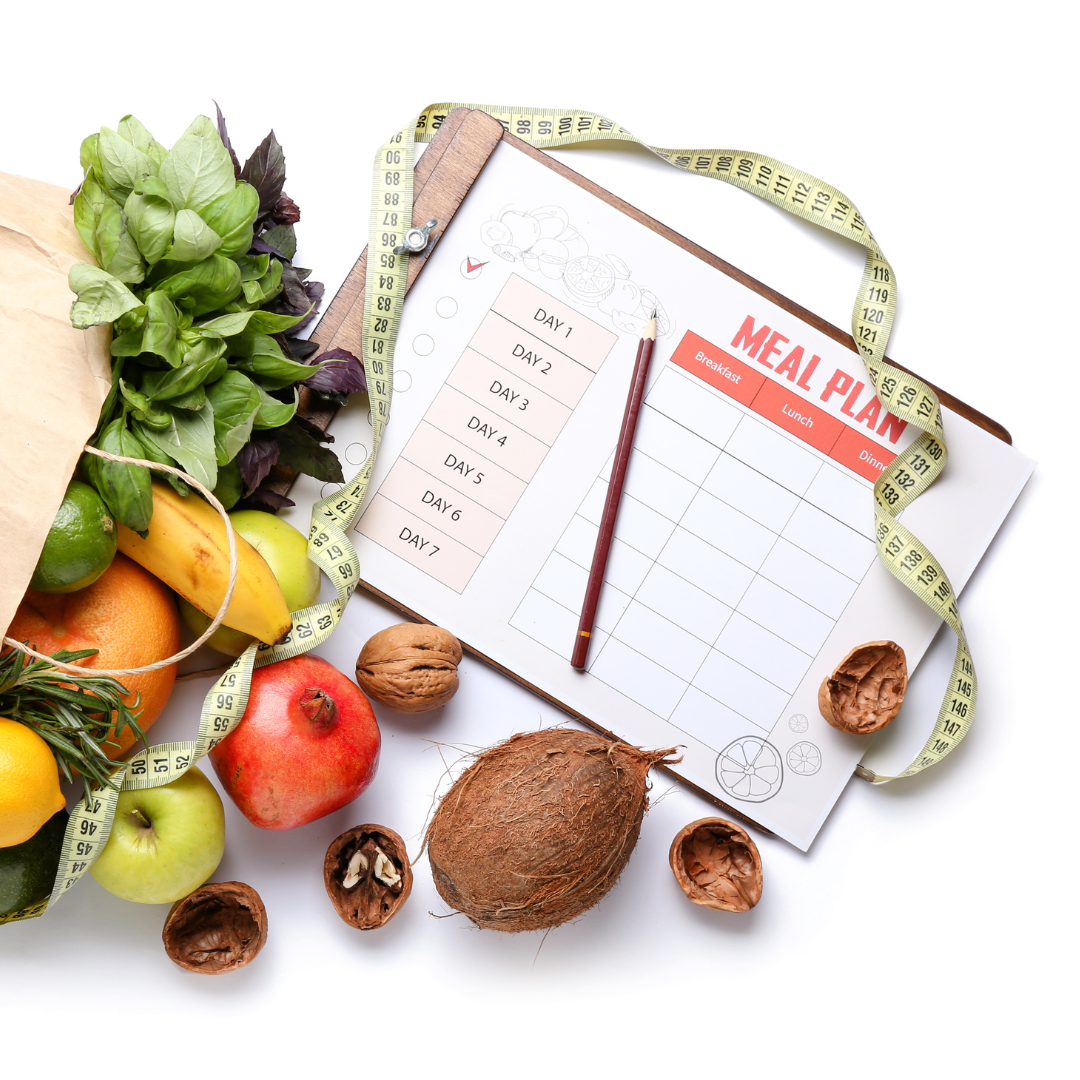
4. Meal Planning And Optimal Nutrition
Achieving optimal nutrition as a vegan athlete requires thoughtful meal planning and a focus on nutrient diversity.
Designing well-rounded meal plans is crucial to meet the needs of your macronutrient (carbohydrates, protein, fats) and micronutrients (vitamins, minerals).
Incorporate whole plant foods such as grains (quinoa, brown rice), legumes (beans, lentils), fruits, vegetables, nuts, and seeds into your meals.
Aim for a balanced distribution of nutrients throughout the day, including sources of complex carbohydrates, quality plant-based proteins, and healthy fats.
Embrace the vibrant array of fruits and vegetables to obtain various vitamins, minerals, and phytochemicals. Incorporate a rainbow of colours into your meals, including leafy greens, berries, citrus fruits, cruciferous vegetables, and more.
This diverse nutrient profile will support your overall health and provide essential antioxidants and anti-inflammatory compounds to aid recovery and promote optimal athletic performance.
Proper hydration is crucial for athletic performance. In addition to consuming adequate water throughout the day, incorporate hydrating foods such as watermelon, cucumber, oranges, and leafy greens.
Electrolyte-rich beverages like coconut water or homemade electrolyte drinks can also help replenish electrolytes lost through sweat during intense workouts or training sessions.
Remember to listen to your body's signals of hunger, fullness, and satisfaction when planning and consuming your meals.
Experiment with different recipes, flavours, and cooking techniques to keep your meals exciting and enjoyable.
Consulting with a registered dietitian or sports nutritionist can provide personalized guidance to ensure your meal plans are tailored to your specific nutritional needs and performance goals as a vegan athlete.

5. Pre- and Post-Workout Nutrition
Fueling your body properly before and after workouts is crucial for optimal performance and recovery.
Before your workouts, consume a balanced meal or snack with carbohydrates for energy and protein for muscle support.
Choose plant-based options such as whole grain toast with nut butter, a smoothie made with fruits and plant-based protein powder, or a bowl of oatmeal topped with berries and seeds.
Experiment with different options to find what works best for your digestion and energy levels during exercise.
On the go or when time is limited, it's essential to have quick and convenient vegan snacks readily available.
Opt for portable options like energy bars made with plant-based ingredients, trail mix with nuts and dried fruits, fresh fruit paired with nut butter, or homemade plant-based protein shakes.
These snacks combine carbohydrates, healthy fats, and protein to fuel your workouts and sustain energy levels.
After your workout, prioritize replenishing glycogen stores and supporting muscle repair with a balanced meal with carbohydrates and plant-based protein.
Examples of post-workout meals for vegan athletes include a quinoa and vegetable stir-fry with tofu, a chickpea and vegetable wrap with whole grain tortillas, or a lentil and vegetable curry served over brown rice.
These meals combine complex carbohydrates and plant-based protein to aid recovery and support muscle glycogen replenishment.
It's important to listen to your body's individual needs and adjust your pre-and post-workout nutrition based on the intensity and duration of your training sessions.
Experiment with different food options and timing to find what works best. Consulting with a registered dietitian or sports nutritionist can provide personalized guidance on pre-and post-workout nutrition strategies tailored to your specific athletic goals and dietary preferences.

6. Sports-Specific Considerations
Flaxseeds, chia seeds, hemp seeds, and walnuts are all vegan sources of omega-3 fatty acids.
Strength and power athletes, including weightlifters or sprinters, must prioritize muscle development and recovery. Ensure an adequate intake of protein-rich plant foods such as legumes, tofu, tempeh, seitan, and plant-based protein powders.
Pairing protein sources with complex carbohydrates can provide the necessary nutrients for muscle repair and glycogen replenishment.
Strength-specific training techniques like progressive overload should be incorporated alongside proper nutrition. Consider consulting with a sports dietitian to optimize your plant-based diet for strength and power goals.
Staying properly hydrated is crucial for all athletes, especially during intense workouts. Consume adequate water throughout the day and consider incorporating hydrating plant-based foods such as watermelon, cucumber, and oranges.
For longer or more intense workouts, electrolyte balance is important. You can replenish electrolytes through natural sources like coconut water or electrolyte-rich sports drinks.
If necessary, electrolyte supplementation in tablets or powders may be considered for prolonged exercise or extreme conditions.
Each sport and athlete is unique, so it's important to tailor your nutrition strategy based on your specific needs and goals.
Consulting with a registered dietitian or sports nutritionist specializing in vegan nutrition can provide personalized guidance and help you optimize your plant-based diet to enhance your athletic performance.
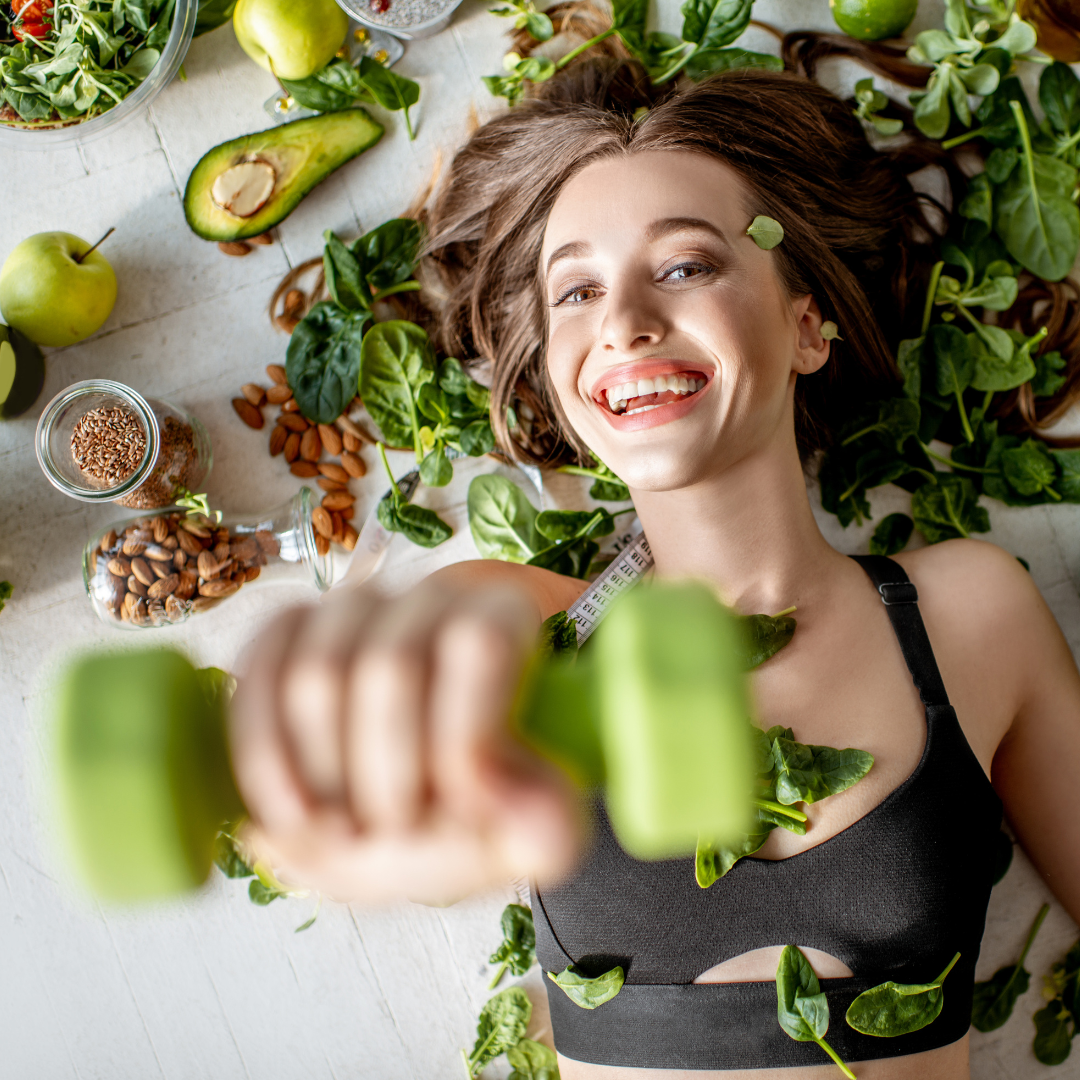
7. Tips For Dining Out And Travelling
As a vegan athlete, dining out and travelling can present unique challenges. When dining out, feel free to communicate your dietary preferences and ask questions about menu items.
Look for dishes that are naturally plant-based or can be easily modified to suit your needs. Many restaurants are accommodating and willing to make adjustments.
Seek vegetarian or vegan sections on menus, and inquire about ingredients and cooking methods to ensure your meal aligns with your dietary choices.
Pack portable vegan snacks to ensure you have nutritious options while travelling or on the go. Homemade energy bars, fruit (such as apples or bananas), nuts, seeds, or trail mix are great choices.
You can also prepare veggie wraps or sandwiches to bring along. These readily available snacks can help you stay fueled and avoid unhealthy options when hunger strikes.
Before travelling, research vegan-friendly restaurants, markets, and food options in the area you'll be visiting. Utilize online resources, vegan-specific apps, and local recommendations to find places that cater to plant-based diets.
Websites like HappyCow or apps like VegOut can provide comprehensive listings of vegan-friendly establishments worldwide. Contact local vegan communities or social media groups for suggestions and insider tips.
Planning, being proactive, and advocating for your dietary needs are essential when dining out or travelling.
By researching and communicating effectively, you can find suitable vegan options and maintain your nutrition goals while enjoying new culinary experiences.

Conclusion
A plant-based diet can provide numerous benefits for vegan athletes. Athletes can meet their nutritional needs, optimize performance, and support overall health by incorporating various nutrient-dense plant foods.
By following these guidelines, vegan athletes can thrive in athletic pursuits while embracing a compassionate, sustainable, and plant-powered lifestyle.
Each needs to listen to their body, make informed choices, and consult a registered dietitian or sports nutritionist to personalize their nutrition plan.
With proper planning and attention to nutrient intake, vegan athletes can excel in their chosen sports and achieve their performance goals while reaping the benefits of a plant-based diet.
I trust you enjoyed this article about the Best Vegan Athletes Nutrition Guide. Please stay tuned for more blog posts to come shortly. Take care!
JeannetteZ
>>>Want To Learn How To Create Delicious, Cruelty-Free, Healthy AND 100% Vegan Meals? Try These Awesome Vegan Cooking Courses With A Free 7-DAY MEMBERSHIP<<<
Your Opinion Is Important To Me
Ideas? Thoughts? Questions? I would love to hear from you. Please leave me your questions, experience, and remarks about the Best Vegan Athletes Nutrition Guide article in the comments section below. You can also reach me by email at Jeannette@LivingTheVeganLifestyle.org.
Disclosure
This post may contain affiliate links. I earn from qualifying purchases as an Amazon Associate and other affiliate programs. Please read my full disclosure.
Here are links to some of my favourite articles:
Best Vegan Athletes Success Stories
Best Meal Plans For Vegan Athletes


